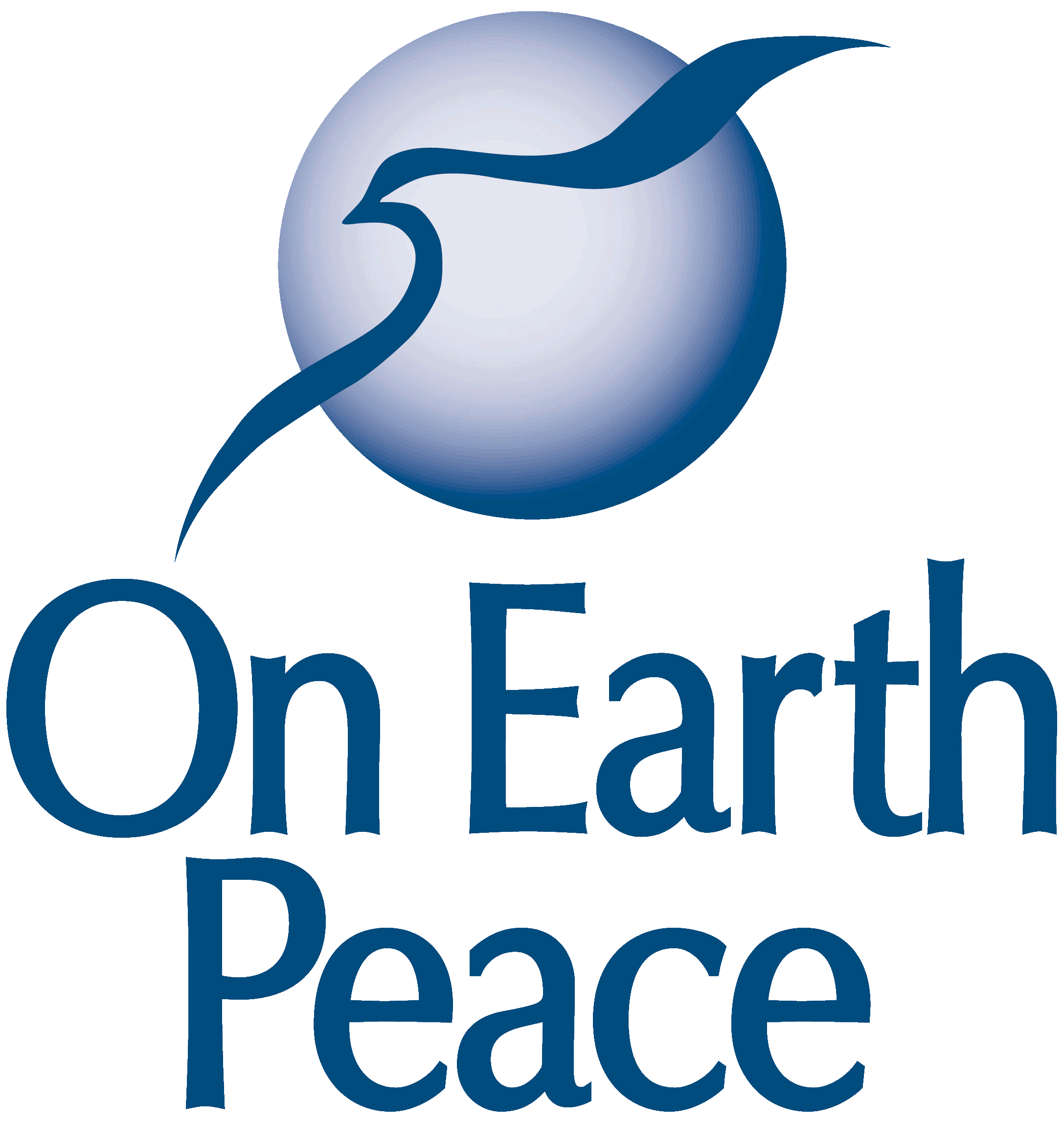
Written by Jessia Avila, On Earth Peace’s Migrant Justice Organizer Intern
Women’s History Month invites us to recognize the suffering and honor the contributions of cisgender and transgender women. It is a time when both hope and despair collide. The words that follow explore the painful journey of transgender women seeking protection and the stories of two transgender women who lead and serve with dignity. Women’s History Month both reveals painful truths that go unnoticed and celebrates inspiring women, and we invite you to continue this conversation in an upcoming virtual event hosted by On Earth Peace’s Migrant Justice Learning Action Community.
In my work as On Earth Peace’s Migrant Justice Organizer, I have been blessed with the opportunity to support women who are building networks of love and care in their communities. In honor of Women’s History Month, it is my hope to share the work of a few of these incredible women to strengthen our capacity and commitment to migrant justice. I invite you to join me in a two-part virtual event on March 20 and 21. The first session will feature Phyllis Dodd, a social worker who has devoted her life to providing assistance, healing, and opportunity for the most vulnerable. Her recent book, Love has no Borders: True Stories of Desperation as seen by a Social Worker traces her work experiences and weaves in the narratives of asylum seekers, refugees, and immigrants who have fled their countries to seek safety. In the second session, a woman seeking asylum will share her story to provide hope and to help others who have also experienced sexual abuse and domestic violence
In a recent collaboration between Migrant Justice and LGBTQ+ Justice Learning Action Communities, organizers highlighted the experience of transgender women and their experience immigrating to the United States. Transgender women who were forced to remain in Mexico during the Trump administration’s Migrant Protection Protocols faced innumerable challenges in the past year. Experiences of protracted violence and persecution drove them to seek safety in the United States, but traversing through Mexico for indefinite periods often led to additional discrimination, hate crimes, and sexual violence (Martin III, 2020). Upon entering the United States, transgender women face stigma and discrimination in new forms, perpetuating a cycle of violence, abuse, and trauma. Within detention centers, transgender women are “15 times more likely to be sexually assaulted…[and those] detained with men in sex-segregated immigration detention facilities are perhaps the most vulnerable” (International Detention Coalition, 2016, p. 10-11). To acknowledge such dangers, administrators often justify the use of solitary confinement to protect transgender women, but this only compounds psychological, physical, emotional, and mental harm (International Detention Coalition, 2016, p. 4). It also reduces transgender women’s access to legal and social services, which inhibits their ability to navigate an intentionally confusing and complex asylum process in the United States.
These are the injustices that continue to harm transgender women, but many have transformed their experiences to assist and inspire others. Ruby Jade Corado, a transgender woman, and refugee from El Salvador established a bilingual LGBTQ+ safe center to fulfill basic needs and “provide support groups, emergency housing referrals, job placement services, and legal counseling for LGBTQ+ immigrants” (International Detention Coalition, 2016, p. 31). In an episode of the Caribbean Equality Project’s “My Truth, My Story,” Victoria Persaud, a trans-advocate and refugee from Guyana, recounts how she fled sexual violence, threats, and discrimination in her home community (Amin, n.d.). She later experienced solitary confinement in a U.S. detention center (Amin, n.d.). Since moving to New York, Victoria Persaud has completed beauty school, opened up her own business, and returned to school to become a surgical technologist (Amin, n.d.). Her courage and resilience continue to inspire others on college campuses through a play that features her life story (Amin, n.d.).
During Women’s History Month and beyond, let us listen, learn, and lead communities of belonging, compassion, love, and acceptance for all people.
RSVP for the two-part virtual event here! Join our Learning Action Community at OEP-Migrant Justice Facebook page
References
Amin, M. Q. (n.d.). My Truth, My Story: A Caribbean LGBTQ Oral History and Storytelling Documentary Series. Caribbean Equality Project. https://www.caribbeanequalityproject.org/my-truth-my-story
International Detention Coalition. (2016, June). LGBTI Persons in Immigration Detention. https://idcoalition.org/wp-content/uploads/2016/06/LGBTI-Position_web_June-2016.pdf
Martin III, W. (2020, August 13). US asylum shutdown leaves LGBTQ+ people stranded and in danger in Mexico. The New Humanitarian.
